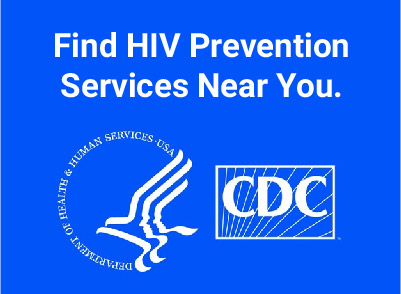

Finding a provider
Health care providers are an essential part of successful HIV treatment. They prescribe HIV medicines and order tests to monitor their patients' health. People with HIV work with their health care providers to select an HIV regimen that works best for their needs.

If you are in the Detroit area, please consider reaching out to a Henry Ford Infectious Disease doctor.
Schedule an appointment at Henry Ford:
https://www.henryford.com/request-an-appointment
Select infectious disease under the “specialty” drop down.
Or call (313)-916-2556 to make an appointment with their call center.
Getting Ready for your First visit
During your medical appointments, your health care provider may:
- Conduct medical exams to see how HIV is affecting your body.
- Ask you questions about your health history.
- Take a blood sample.
- Look for other kinds of infections or health problems that may weaken your body, make your HIV infection worse, or prevent your treatment from working as well as possible.
- Give you immunizations, if you need them.
-
Discuss, prescribe, and monitor your HIV medicines:
- when and how to take them
- possible side effects
- effectiveness
- Discuss ways to help you follow your HIV treatment plan
-
Help with additional support, such as:
- finding a social worker, case manager or patient navigator
- finding an HIV support group
- finding support services for mental health or substance use issues
- finding support services for transportation or housing
- Ask you about your sex partner(s) and discuss ways to protect them from getting HIV.
- Ask you about your plans, or your partner’s plans, for getting pregnant.

Talk to your doctor
Talk regularly with your health care provider about how you are feeling and communicate openly and honestly.
Tell your health care provider about any health problems you are having so that you can get proper treatment.
Discuss how often you should expect to attend medical visits.
Staying informed about HIV care and treatment advances and partnering with your health care provider are important steps in managing your health and HIV care.

Questions to ask your doctor:
- How much experience do you have treating HIV?
- What do my lab tests say about the health of my immune system?
- How will you keep track of my immune system's health?
- When should I start taking anti-HIV drugs?
- What can I do to prevent complications and stay healthy?
- What are the signs that I might be getting an infection or AIDS-related cancer?
- How can I protect my sex partner(s) or injection drug partner(s) from getting HIV?
- Are there certain daily habits I should change in order to help me stay healthy?
